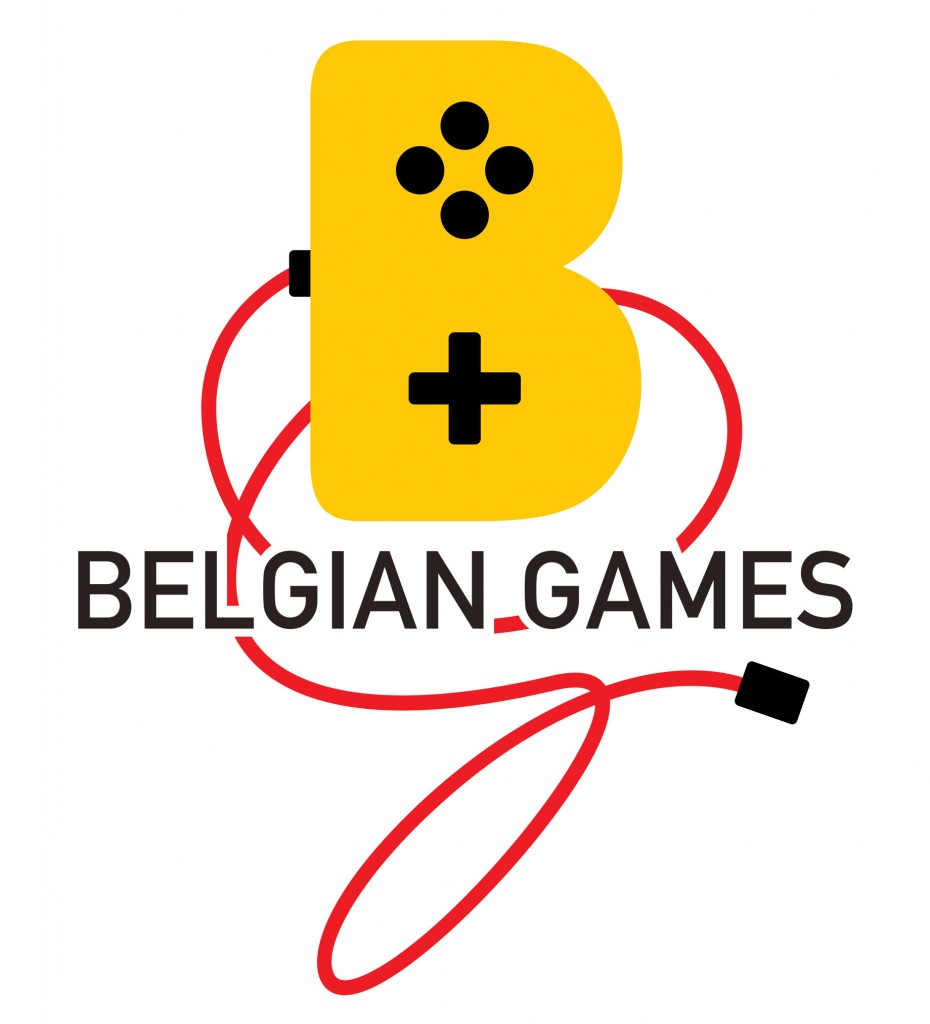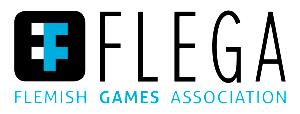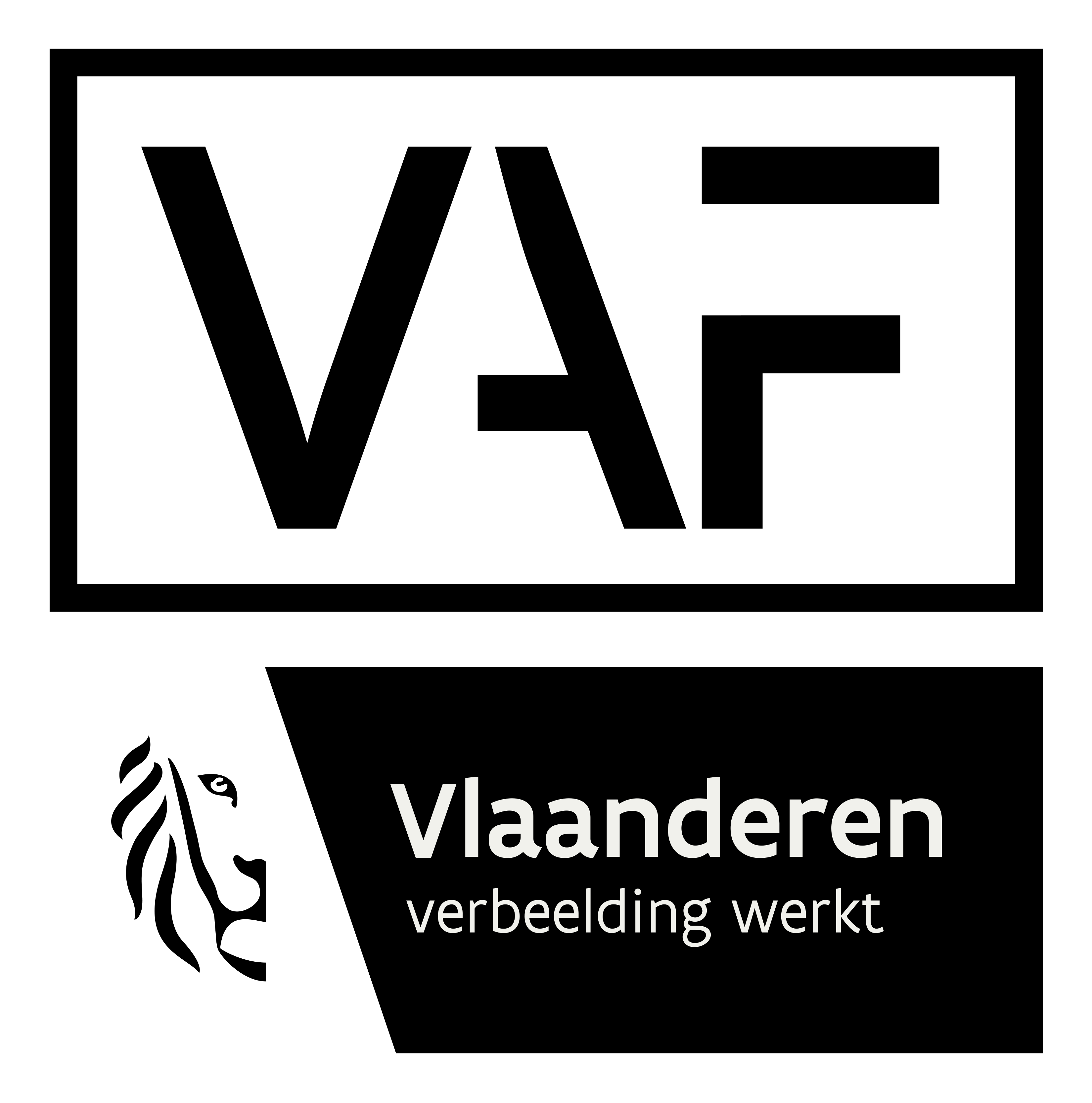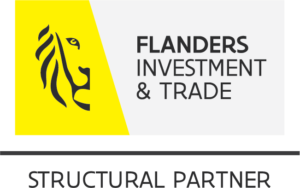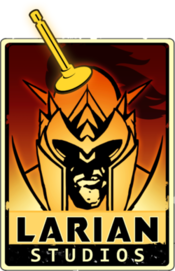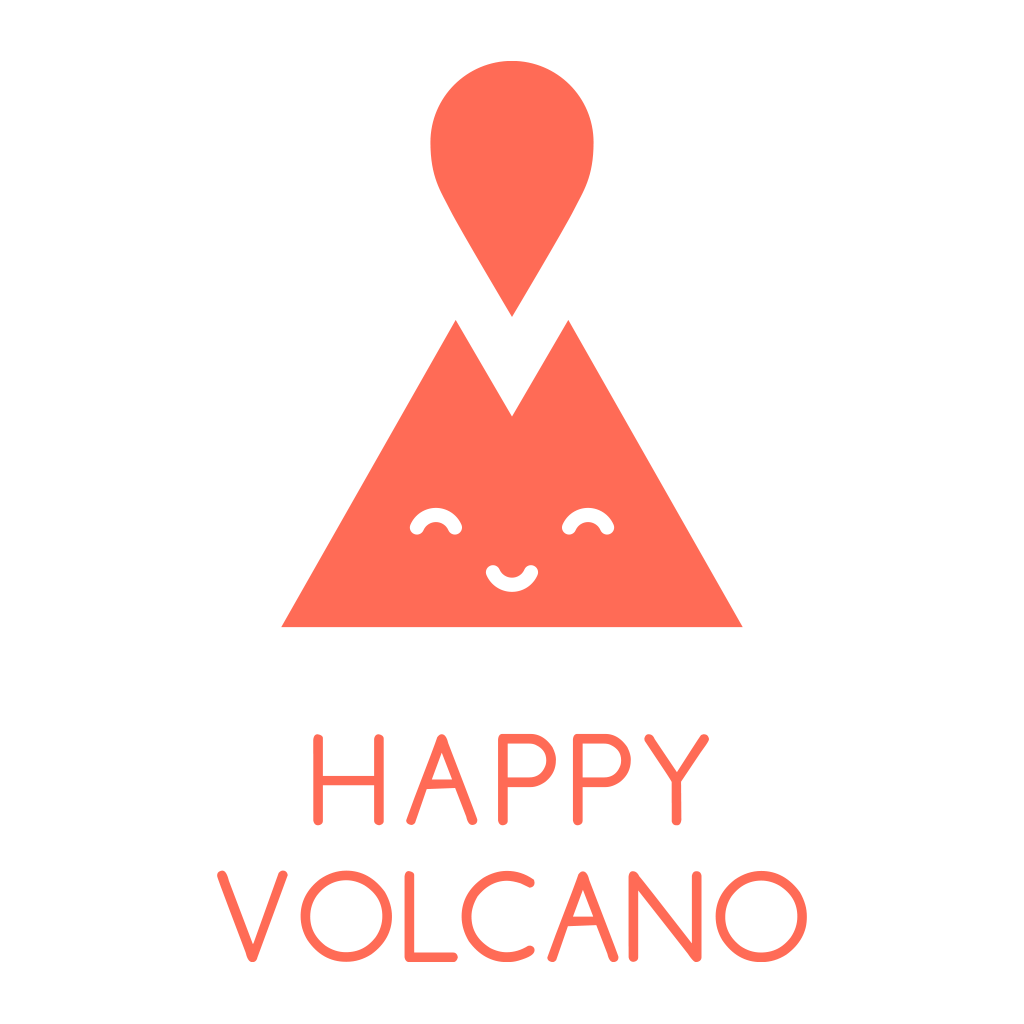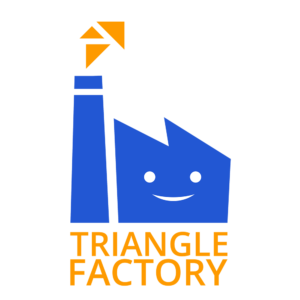It feels like only yesterday we were asking you about how your #BelgianGamesIndustry company was doing. The data you provided in the previous years proved invaluable to get an idea of where our local video games ecosystem is at. To keep track of where we’re headed as a sector, we’d like you to give us an update.
If you’ve done this before, you certainly know what questions to expect. How many people do you work with? What type of business do you run? Pretty basic stuff. To get a better idea of how our local business is performing, we’d also like to know some financials. You’ll be asked to provide an email address and company name. Rest assured: personal information is treated strictly confidential.
Just like last year we’re looking to pass on our data to EGDF, who can then use it to map all results of European countries, which will undoubtedly lead to even more interesting insights about our local ecosystem. Previously, this has been difficult because not all surveys are conducted in a similar way and definitions vary. That’s why we paid extra attention to the definitions (see below) this year, so we hope you do as well.
Please note that this survey is only intended for Flemish, Brussels or Walloon organisations and/or freelancers currently active in our local development ecosystem. This includes game development studios, local publishers and platforms, service providers, educational institutions that offer dedicated game degree programs and research departments that study games. Again, please check the definitions in the survey for the optimal results.
For instance, “a new owned IP game” means a new game for global launch to which your studio detains all IP rights (so no subcontracted titles). Also no alpha, no soft launch, no early access. If a game is ported onto a new platform, it is a new game only if it is significantly different from the old version. Both self-published and third-party published titles count.
And a “game development studio” is considered a sole trader or a self-employed person engaged in an economic activity or a company that is registered in the local trade register, whose main source of turnover is coming from developing games (e.g. either developing their own IP or subcontracting game development to other studios). This includes one person teams, but the company should have at least released one (1) game and actually achieved revenue from it. Both studios doing self-publishing and using external publishers are taken into account. If your company makes games and provides services, you’re considered a game development studio, not a service provider.
We admit, it’s quite a long survey and we hope you read the questions carefully and think your answers through. However, your input is the only surefire way of knowing where we’re heading as a sector and your answers could influence the results on which policy makers make important decisions about our ecosystem.
While there’s no physical gamescom taking place this year, we nonetheless aim to present you an updated and accurate state of the #BelgianGamesIndustry at the end of August. The more data we’re able to gather, the better our facts and figures will be, so we appreciate your valuable time.
We’re looking forward to use your input to compile another interesting report and can’t wait to share the details with you. Thanks again for your time.
